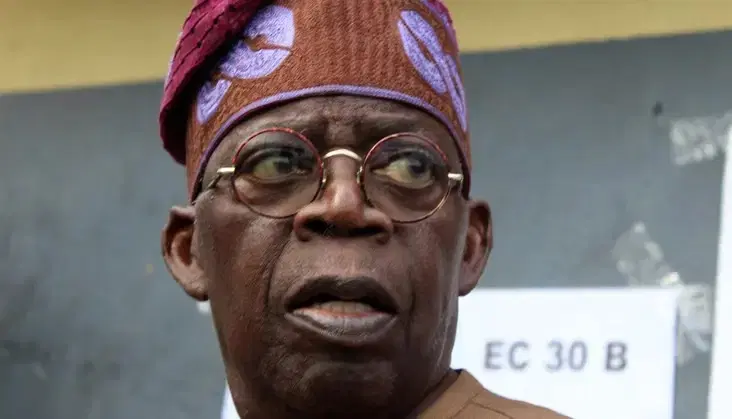The latest outlook report by the International Monetary Fund (IMF) for sub-Saharan Africa indicates that the broad-based economic reforms embarked upon by Nigeria’s federal government are yet to deliver significant positive impacts, even after 18 months of implementation.
The report, released yesterday, highlighted that while a few countries in the region have recorded some success in their reform agendas, Nigeria was notably absent from the list of achievers. Instead, Nigeria was included among countries failing to meet desired outcomes. According to the IMF, Nigeria’s economic growth rate, estimated at 3.19% for 2024, falls below the regional average of 3.6%.
Presenting the report at the Lagos Business School, IMF Deputy Director Catherine Patillo noted that while macroeconomic imbalances in the region are reducing with notable improvements in countries like Côte d’Ivoire, Ghana, and Zambia, Nigeria remains on the downside.

Patillo stated that inflation is still a pressing issue for many countries, including Nigeria, where it stands at 33.8%—well above the target rate of 21% for 2024. After slowing briefly in July and August, Nigeria’s inflation resumed its upward trend in September and October, with analysts predicting continued increases in November and December.
The IMF also flagged Nigeria’s exchange rate instability and local currency depreciation as significant challenges. While foreign exchange pressures have eased in many sub-Saharan countries, Nigeria’s situation remains precarious.
Related Posts:
- Nigeria’s Inflation Rises to 34.6% in November as…
- High Debt Levels in Ghana and Nigeria Threaten…
- Nigeria’s Poverty Rate Surges to 56% as 129 Million…
- Nigeria Ranks 9th Among Africa's Top Investment Destinations
- Nigeria Ranks Third Among Africa’s Top 10 Most…
- Experts Predict Nigeria’s Economy Will Soar by 3.5% in 2025

Additionally, the report pointed out the burden of debt on fiscal stability, listing Nigeria among countries with low debt service capacity. It highlighted that interest payments in Nigeria and a few other nations absorb a significant portion of total revenues, leaving little room for development spending.
The IMF painted a mixed picture of the region’s economic future, with resource-intensive countries like Nigeria facing slower growth rates due to challenges in implementing reforms and policy adjustments. Political and social resistance were cited as obstacles hindering progress in resource-driven economies.
On the agricultural front, stakeholders criticized the federal government’s reform policies, describing them as largely aspirational with minimal implementation. The All Farmers Association of Nigeria (AFAN) acknowledged the necessity of reforms but called for better mechanisms to reduce the hardship on farmers. Meanwhile, ActionAid Nigeria emphasized that the reforms have yet to significantly address food insecurity, with the nation remaining one of the most food-insecure countries in 2024.
Policy analysts have urged the federal government to adopt a more people-centered approach to reforms, focusing on improving infrastructure, providing subsidies, and empowering small-scale farmers to achieve tangible results. They also recommended targeted measures, such as subsidizing organic agriculture, investing in climate-resilient crops, and reducing post-harvest losses through better storage and processing facilities.
While the reforms hold potential, experts agree that without comprehensive implementation and significant investment in critical sectors, the desired outcomes for Nigeria’s economy and food security will remain out of reach.



